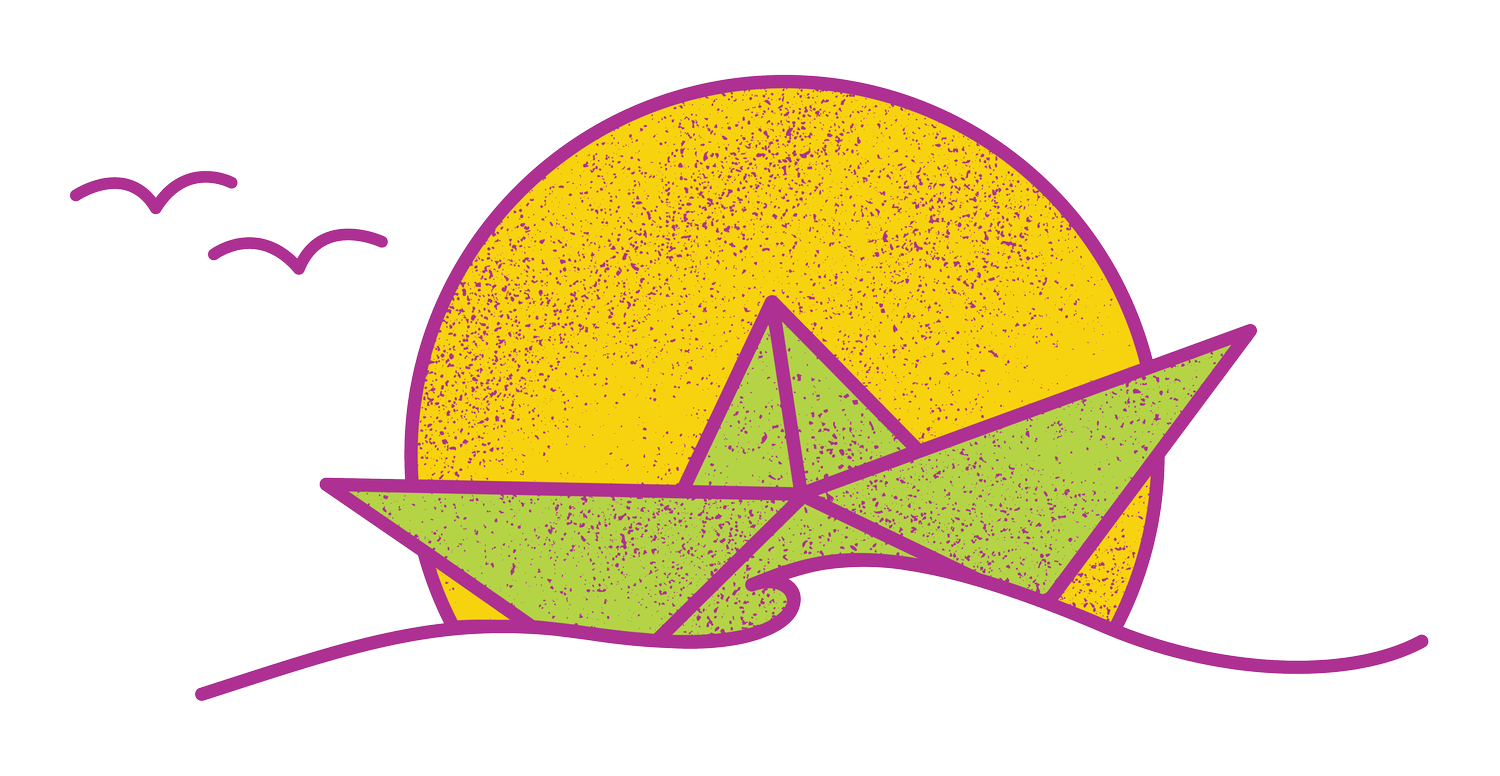Coming Out Is a Lifelong Process: Embracing Your Queer Identity in Every Stage
By Nita Agustin, The Spunky Counsellor
June rolls in with rainbow flags and celebration, and beneath the glitter and parades, Pride Month is also a moment for deep reflection. While queer visibility is growing, and more countries and companies are embracing LGBTQ+ rights, we still live in a world built around cis-heteronormative norms.
So, if you’re queer or questioning, you probably know this:
being out and coming out aren’t one-time milestones.
In fact, coming out is a lifelong process, an unfolding journey that can look wildly different from one person to the next. Let’s break it down, human-style.
What is the meaning of coming out?
At its core, coming out is saying: Hey, I don’t subscribe to the same terms and conditions the world handed me.
I don’t fit into those boxes,
and I’m gonna come up with my own terms and narrative!
It’s not just about sexual orientation or gender identity, it’s about saying yes to showing up as who you think you are.
NOT who you think you should be!
And that might mean challenging what your family, culture, or community expected of you. It can be liberating... and scary as hell.
That’s why coming out is a lifelong process. Because it’s not just one big announcement, it’s a series of reckonings, recalibrations, and reintroductions. Sometimes it’s loud. Sometimes it’s quiet. But it’s always deeply personal.
What age is it normal to come out?
There’s no “normal” age to come out, everyone’s timeline is valid. Some people know and share their identity early in life, while others come out in their 30s, 50s, or later. Coming out is a deeply personal choice, and there’s no deadline on being true to yourself.
Why Then Coming Out a Lifelong Process?
Our society prefers neat boxes. Certainty. Labels that don’t change.
But humans aren’t built that way!
Many of us take years to even realize we’re queer (certainly the case for me, lol) coz we were never given the tools or language to name it.
In my case, I didn’t know it was even possible to live any way other than as a cis, hetero person
And even once we do know, we might not come out all at once.
We might start with close friends, then family, then coworkers (or never to them at all).
And the process doesn't stop after that.
Every new relationship, job, or environment can bring new questions: Will I be safe here? Can I be myself?
Whether you’re 17 or 57, the path keeps unfolding. Because coming out is a lifelong process of choosing yourself, again and again.
Coming Out Is a Lifelong Process: The Six Stages of Identity Discovery
Vivienne Cass, a clinical psychologist, developed a model in the 1980s that still resonates today. It outlines six stages many queer folks move through (though not always in order).
Here’s what they look like in plain language:
1. Identity Confusion
You start questioning: Wait… am I not as straight/cis as I thought I was?
This is often the moment everything feels shaky. You might deny it, get anxious, or try to push it away. It’s disorienting, but it’s also the beginning of deeper self-connection/awareness.
2. Identity Comparison
Here, you start leaning into possibility: Maybe I’m queer.
You might imagine life with this new identity.
What would change?
What would stay the same?
Who do you want to be?
How do you want to show up in the space?
This stage can feel like emotional whiplash: excitement, grief, hope, fear, all tangled together.
3. Identity Tolerance
You start to take your queerness more seriously, even if you’re still feeling unsure or tender about it.
This is often when people start seeking out queer community or consuming LGBTQ+ media. Labels might feel comforting, or constricting. Either way, you’re testing out how it feels to “try on” different pieces of your identity.
4. Identity Acceptance
Things begin to settle. You’ve wrestled with the implications and are starting to integrate your truth.
You might experience grief and loss at this stage of relationships, assumptions, or former versions of yourself. But you also start building new connections that reflect who you really are.
5. Identity Pride
You’ve embraced your queerness and feel ready to own it.
This can come with a strong desire to shout it from the rooftops or lean into queer-only spaces where you feel safest.
You might also feel anger toward the systems that kept you hidden for so long.
That’s normal. It’s grief, too.
6. Identity Synthesis
This is when the pieces come together. You no longer separate your queer identity from the rest of your life. You just are.
There’s more fluidity here, more peace. You feel whole whether you’re with queer folks, straight folks, or anyone in between. And you’re not afraid to keep evolving.
Coming Out Is a Lifelong Process. So, Where Are You Now?
There’s no one “right” way to come out. No deadline. No test to pass.
For some people, clarity comes early, like Jazz Jennings, who knew she was a girl by the age of two.
For others, (like myself) it takes years (or decades). Some folks feel solid in their identity but choose not to come out publicly for safety or emotional reasons.
All of these paths are valid.
If your story looks different from what you see in the media, that doesn’t make it any less real.
In fact, it makes it more important to tell.
Honestly, we need more representation!
Final Thoughts: Coming Out Is a Lifelong Process
You don’t have to have it all figured out from the get go
You’re allowed to change, grow, and pivot
You get to come out at your own pace, in your own way.
And you don’t have to do it alone.
Every step you take toward living more truthfully is worth celebrating.
Whether you’re whispering it to a friend, journaling it for the first time, or wearing your Pride colors loud and proud, you’re already doing it.
Because coming out isn’t just a one-off and done.
Coming out is a lifelong process.
💬 Wherever you are in the journey, I’m rooting for you. If you’d like a safe space to process, unpack, or even just wonder, I’m here.
HELLO, I’M NITA AGUSTIN
A Registered Clinical Counsellor based in Burnaby, BC. My jam is working with queer youth and young adults, especially those who do not want to be defined by what society told them about themselves. I help clients figure out who they are, who they want to be, and how to get there. We do this by processing how their past impacted the way they live out their life today. From our work together, I noticed clients develop better self-awareness and experience improved quality of life as they can show up differently in their relationships.
I offer virtual and in-person sessions near Brentwood, North Burnaby. I am licensed to practise in BC, as well as all across Canada, so I support clients all over BC, all the way from Vancouver to Kitimat. Other than working with clients who reside in BC, I also can support clients who reside in Yukon Territories, Northwest Territories, Nunavut, Saskatchewan, Manitoba, and Newfoundland.
Check out my About me page to learn more about what I do and have to offer for you. Also, explore my Services page to see how I can guide you in making shifts in your life today. If you feel ready to discover ways to live life on your own terms, I welcome you to book an initial intake session. I am so stoked to meet you and start figuring out how you can show up as your best self












